
From big corporations to backpacking hours into the woods to visit a coffee farm, she’s done it all. Find out more about Kathya Irias, President and Founder of Spirit Animal Coffee, and her outlook on the role of women in the Honduran coffee scene.
Let’s start with a bit of background. Who is Kathya? How did she grow up to be the Kathya we know today?
Well, I was born and raised in Honduras. I am the youngest daughter, so that comes with a set of perks :)
You could say that my family was pretty regular but also special in a way. My parents hail from humble origins. They had studied, married, found their work—the usual grind. But what made my childhood special is that both my parents graduated in Agricultural Sciences and have devoted their lives to improving Honduran agriculture. My father specialized in livestock, while my mom became a crops expert. Growing up, I spent a lot of time with my parents on the field, visiting farmers.
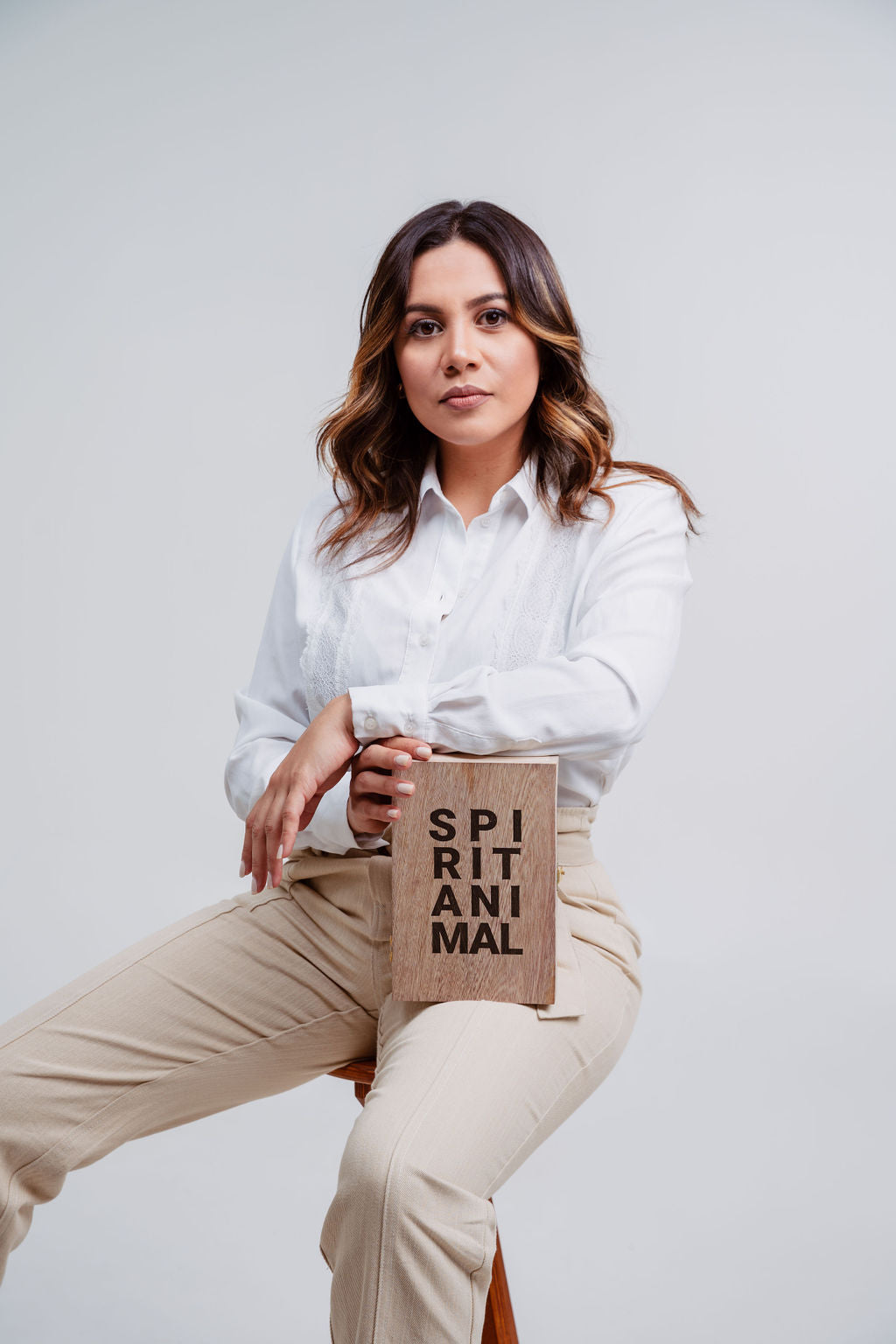
So working with the land and for the land was something you knew you’d do since you were a little girl?
Seeing my parents work with local producers, helping them turn farming towards more sustainable practices, was probably the first seed that got planted in my head.
But it wasn’t until much later that this seed started to sprout into Spirit Animal Coffee.
I decided to study a whole other thing and got a degree in architecture. After that, I worked for a few years as a freelance architect. And then, one would call it coincidence (though I don’t believe in those), I found myself accepting a job offer at a huge international corporation.
What followed was a series of years developing my career in sales and account management. I traveled and lived abroad, building strong relationships and forging new partnerships for the firm. You’d think that it had nothing to do with my entrepreneurial aftermath. But in reality, that journey taught me a lot.
For one, I discovered I was good at connecting people and spark new business ideas. But more importantly, it made me see Honduras “from the outside.” It helped me recognize opportunities my land had to offer that I didn’t notice before.
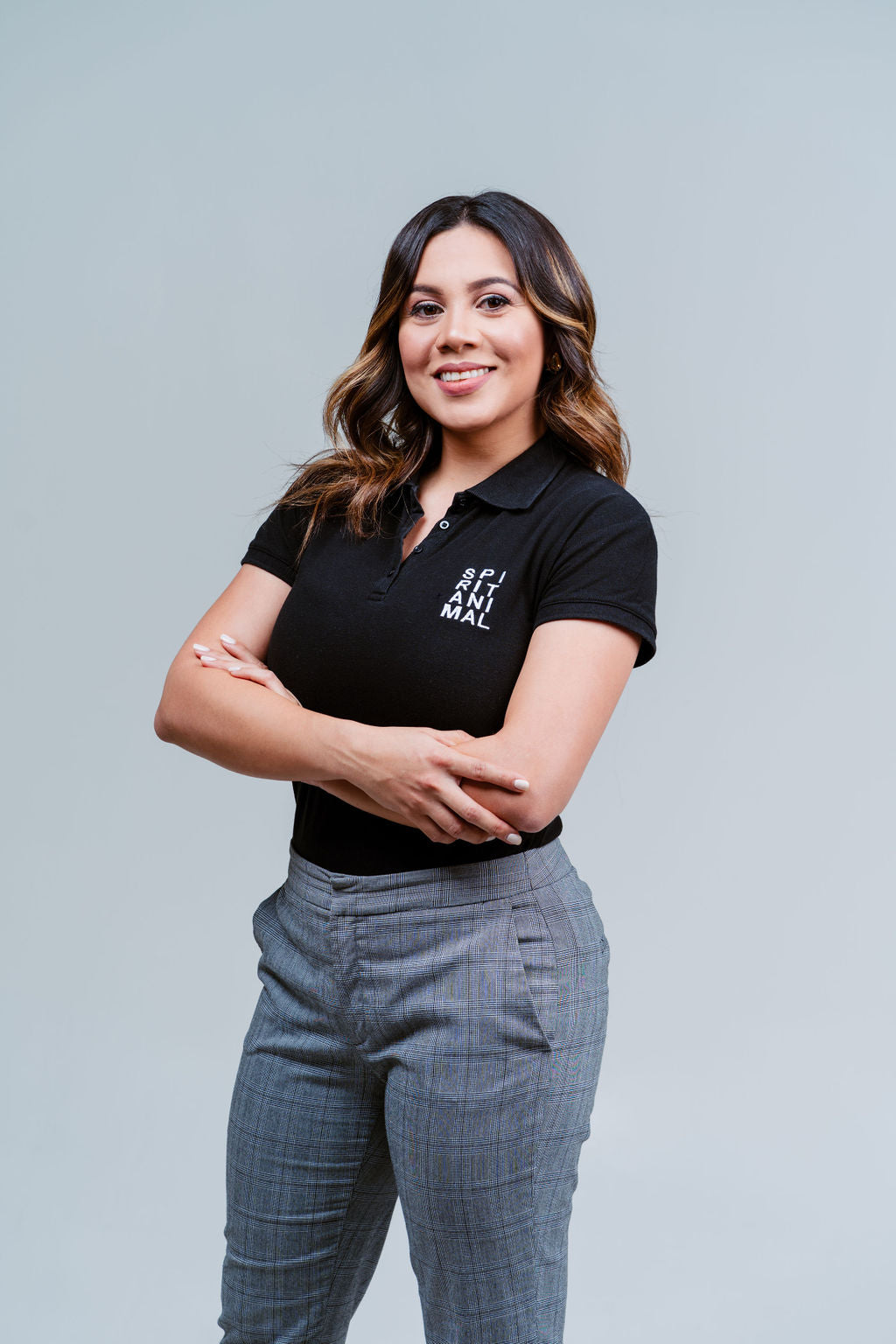
Business suits, work travel, success—and then?
Haha, yes. And then, a spark of divine inspiration, you could say.
I was sitting in my office one day and found myself thinking:
“OK, Kathya. You’re good at what you do. But there must be something more. Something you could do that would make a difference for the people you care about.”
And just like that, a flashback.
"I had a successful career. But I knew there was something more I wanted to do. Something with a greater purpose than my own wellbeing. If I wanted to make a difference, I needed to get involved in the one thing that drives my country’s economy. Coffee."
A trip to a coffee farm I had made with my mom when I was a little girl.
After a long day out on the field, my mother discussing soil texture and whatnot, the farm owner invited us home. We all sat around sipping coffee he had harvested that season. The whole family shared stories about what it was like to live and work for coffee—the hardships and struggles they had to endure. Only to see their precious crop be sold a dime a dozen. That image of their rough hands but eyes full of pride remained impressed in my head.
And it hit me. This isn’t right. Coffee is and has been a key contributor to our country’s GDP. So why isn’t the wealth it’s bringing distributed more evenly? Most importantly, why are we depriving ourselves of extra potential by being oblivious to the fact that many of our coffees would snatch top scores when cupped separately by Q-graders. Because I knew there was a whole world of Third Wavers out there, waiting to discover and savor the quality we had to offer.
So there it was, the answer laying in front of me. If there was one thing I had to do to make a change, it had to be related to our café.
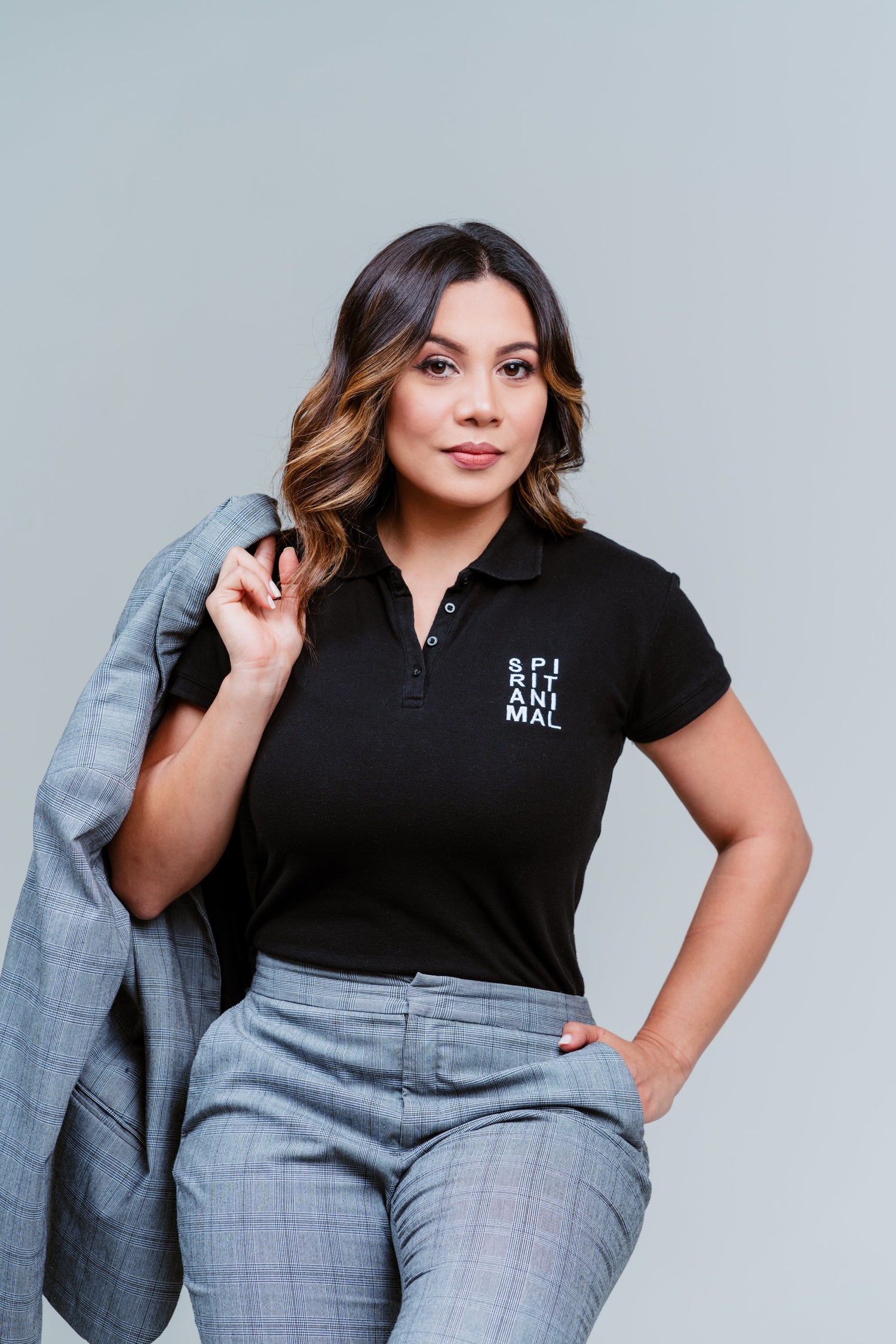
Cutting through the jungle of an “established” industry like coffee couldn’t have been easy. Especially for a woman. This is still, after all, a pretty much man’s world, right?
Yes, you could say that :)
Working with coffee in Honduras will make you deal with men, mostly. But I guess my experience in being around suits and ties from my previous career helped here. I never felt I needed to “man up” to get my point across. When men on the other side understand that what I’m trying to do is in their interest and know what I do, they ease up. So I guess my lesson in tackling gender barriers isn’t about being more man-like. It’s simply ignoring that gender has anything to do with what I bring to the table.
Having said that, yes: it still takes a bit of that crazy gene to venture on a 9-hour trip way up into the woods to reach a coffee farm all alone, as a woman :)
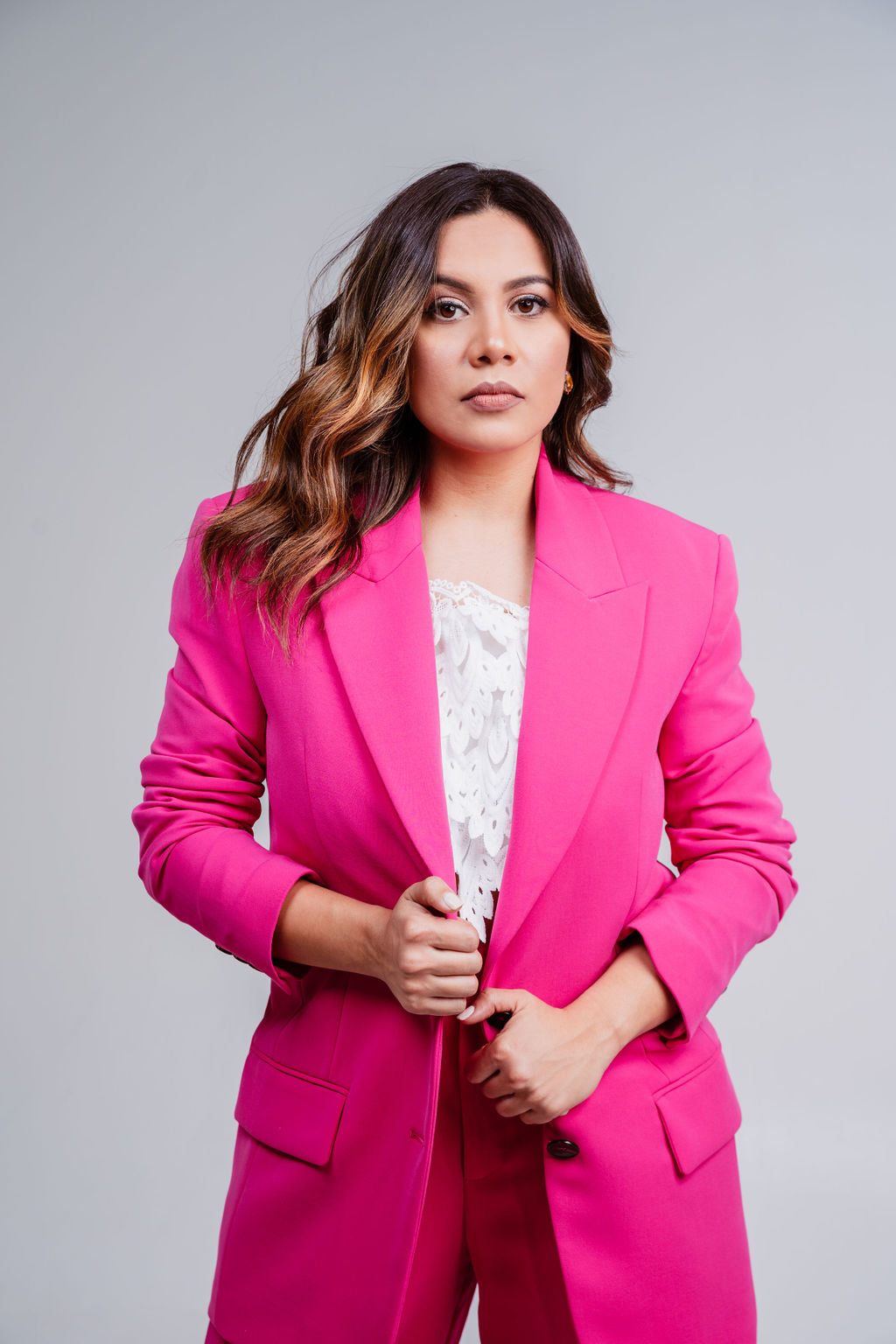
Is the role of women changing in the coffee scene here in Honduras?
It is, and it’s exciting.
Women are moving from being “hearth keepers” to becoming active participants in coffee farming. We can see more and more women-only fincas coming up.
A big contributor to this has been the tremendous progress made by the Mujeres en Cafe Honduras, the local chapter of the International Women’s Coffee Alliance.
But perhaps even more encouraging is social shifts at what you could call a more intimate level.
We recently visited a coffee farm owner we work with. He is the “lucky” father of three beautiful girls. We teased him that he had to make another child—a son, this time. So he’d have someone to hand over the farm to one day.
And he said, proudly, he had no problem handing over the farm to his daughters. In fact, he put all his savings towards getting their girls the education they need to take the family business reins one day.
This mindset change is even more encouraging, to me.
What are your plans at Spirit Animal Coffee to support empowering women in the coffee industry?
Great question. And in fact, we are practicing what we preach.
Well, for one, a spoiler alert:
We are just on the verge of starting to source new coffee varieties from a few of the women-only fincas. With our international exposure and direct access to final customers, we’ll help get their amazing coffee the visibility they deserve. And better margins, of course.
"Spirit Animal’s business model is a harbinger of what business-as-usual will look like in a few decades. Teaching young people the nuts and bolts of running an international e-commerce platform is a top priority for our company."
A second initiative revolves around our future generation.
We are developing an apprenticeship agreement with Honduran universities. Working at Spirit Animal will help students learn about inward-oriented jobs, like coffee sourcing. But perhaps more importantly, it will teach them what it means to run an international direct-to-consumer platform.
Our business model is a harbinger of what business-as-usual will be like in a few decades. So learning the nuts and bolts of international logistics, digital marketing, e-commerce, social media, and brand management is a must-have skill set for our future generations.
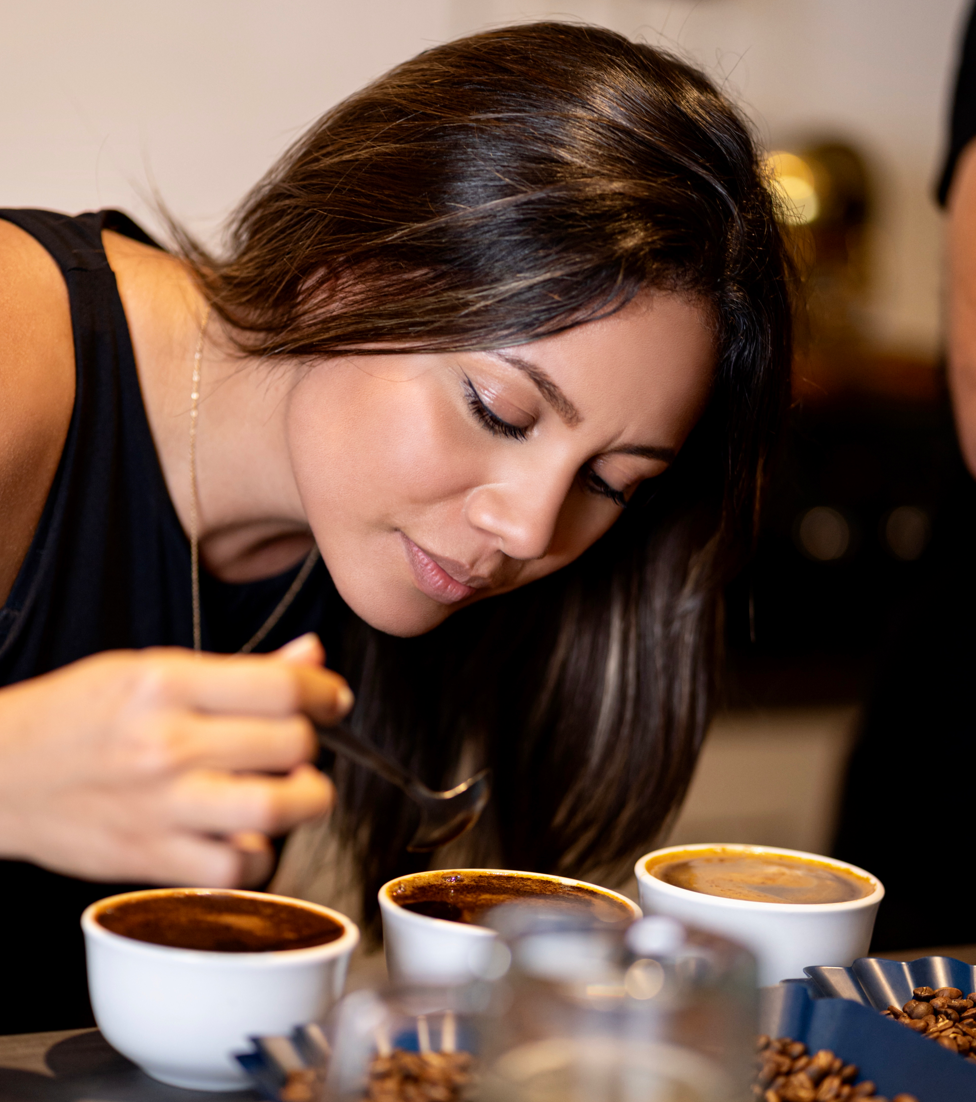
Finishing off on a personal note: your female role models?
There are two women I aspire to. One is Michelle Obama. The impact she made with her projects around children’s nutrition deserves that much praise precisely because it isn’t easy to carve out your voice when you’re the wife of a world superpower’s president.
The second, most important, is my mother. She inspired me in ways she can’t even imagine. Getting her education in those years, in a predominantly male-oriented field on top of that; building a career, all the while being a caring mother and wife… I am left speechless every time I think of her journey. She’s a true role model because she is proof that when women are given the chance, we don’t have to choose. We can excel both at our work and at being mothers. A successful woman and a good mother are not mutually exclusive terms. And there’s power in knowing that.